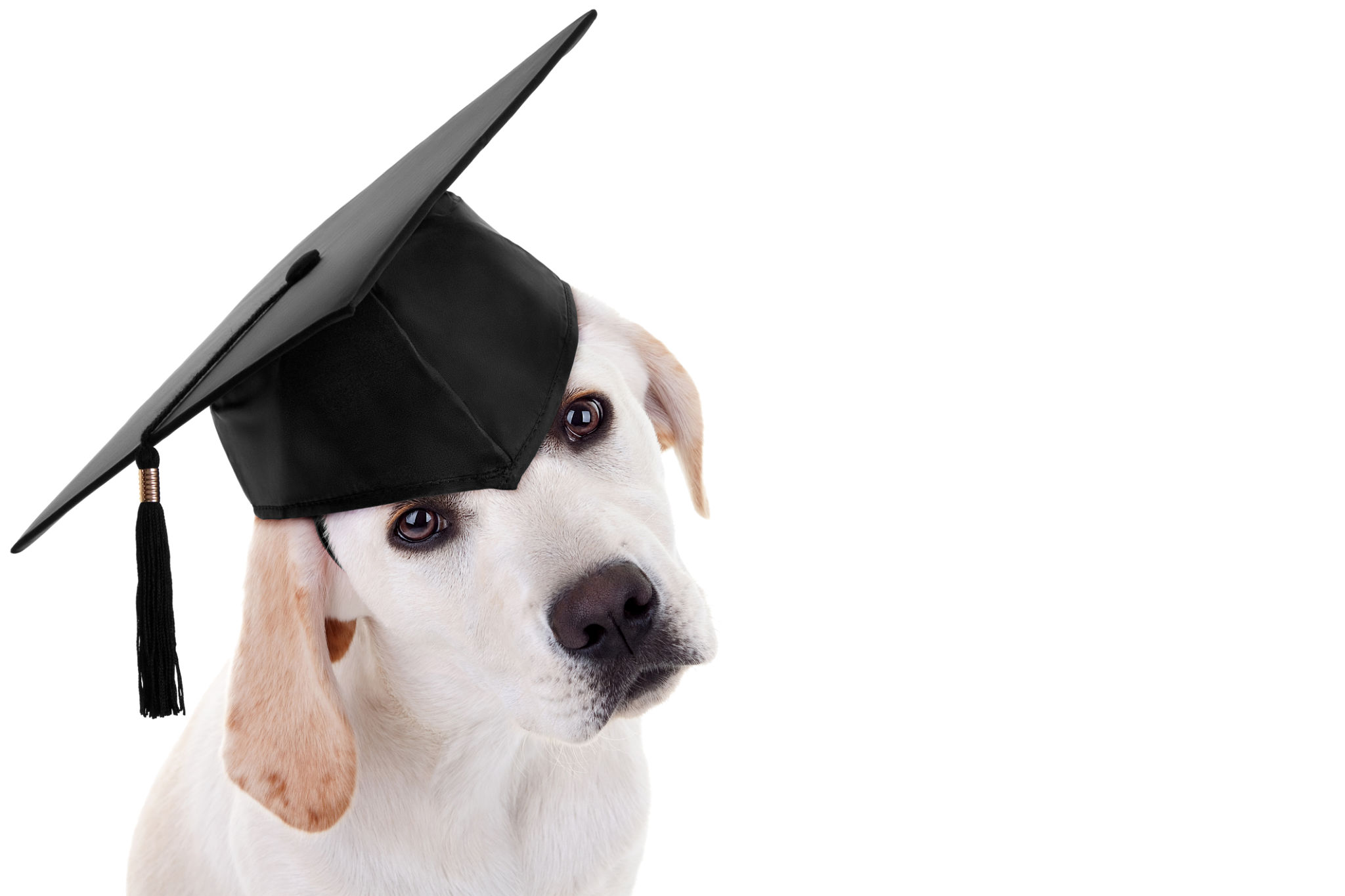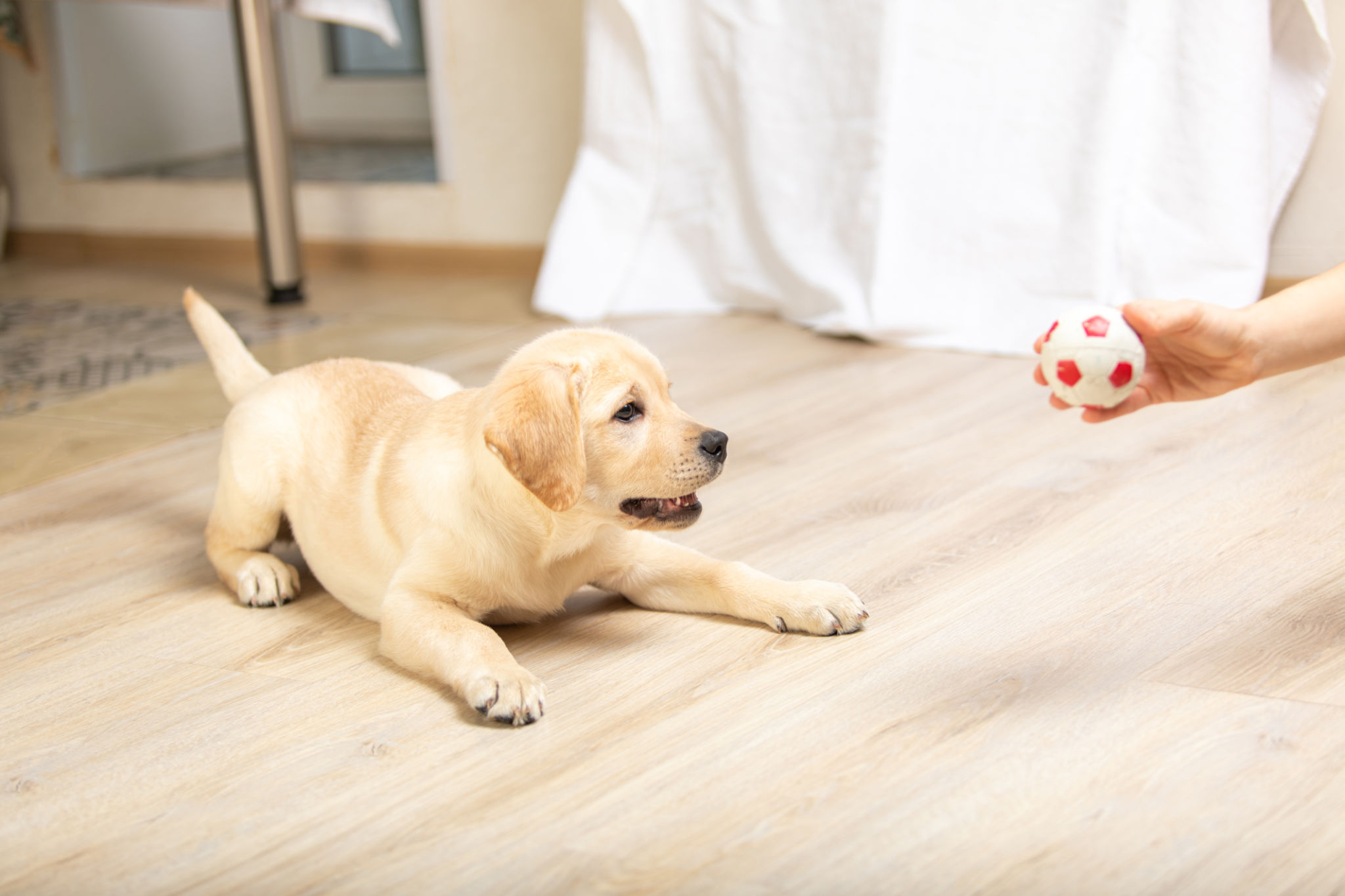How to Prepare Your Puppy for Their First Training Class: Expert Tips
DR
Getting Started with Puppy Training
Bringing a new puppy home is an exciting experience, but it also comes with the responsibility of training your furry friend. Preparing for their first training class is crucial to ensure a positive and productive experience. Here, we'll guide you through some expert tips to make the process smooth and enjoyable for both you and your pup.

Understanding Your Puppy's Needs
Before you attend the first training class, it's important to understand your puppy's unique needs. Puppies are naturally curious and full of energy, so they require patience and consistency. Start by observing your puppy's behavior and identifying what motivates them. Is it treats, toys, or praise? Knowing this will help you in the training sessions.
Consider your puppy's age and developmental stage. Younger puppies have shorter attention spans and may need more frequent breaks. Ensure that you set realistic expectations for what your puppy can achieve in a single session.
Essential Supplies for Training
Having the right supplies can make a big difference in your training success. Here's a checklist of essentials:
- Leash and Collar: A sturdy leash and comfortable collar are crucial for controlling your puppy during classes.
- Treats: High-value treats can be a powerful motivator for your pup.
- Clicker: If you're using clicker training, ensure you have a reliable clicker on hand.
- Portable Water Bowl: Keep your puppy hydrated during breaks.

Ensuring Your Puppy is Comfortable
Your puppy's comfort is essential when attending their first class. Introduce them to the training environment gradually. Take them for a visit to the training venue before the class begins so they become familiar with the surroundings. This can help reduce anxiety and make them more receptive to learning.
Additionally, make sure your puppy is well-rested before the class. A tired puppy might be less focused and less willing to participate in activities. Regular exercise before the session can help expend excess energy.
Socializing Your Puppy
Socialization is a key component of successful training. Before attending classes, introduce your puppy to different people, pets, and environments. This exposure will help them become more adaptable and less fearful in new situations.

Ensure that social interactions are positive experiences for your puppy. Arrange playdates with other vaccinated puppies and choose safe environments where they can explore without feeling overwhelmed.
Staying Patient and Positive
Training a puppy requires patience and positivity. Celebrate small victories and remember that every puppy learns at their own pace. Avoid harsh corrections or punishments, as these can lead to fear or anxiety in your puppy.
Instead, focus on rewarding good behavior consistently. This approach will build trust and strengthen your bond with your furry friend, making future training easier and more effective.
Wrapping Up Your First Class
After the first training class, take some time to reflect on what went well and what could be improved. Discuss any concerns or questions with the trainer and seek additional resources if needed.
Remember, training is an ongoing process that requires dedication and commitment. With the right preparation and mindset, you'll set the foundation for a well-behaved and happy puppy.
